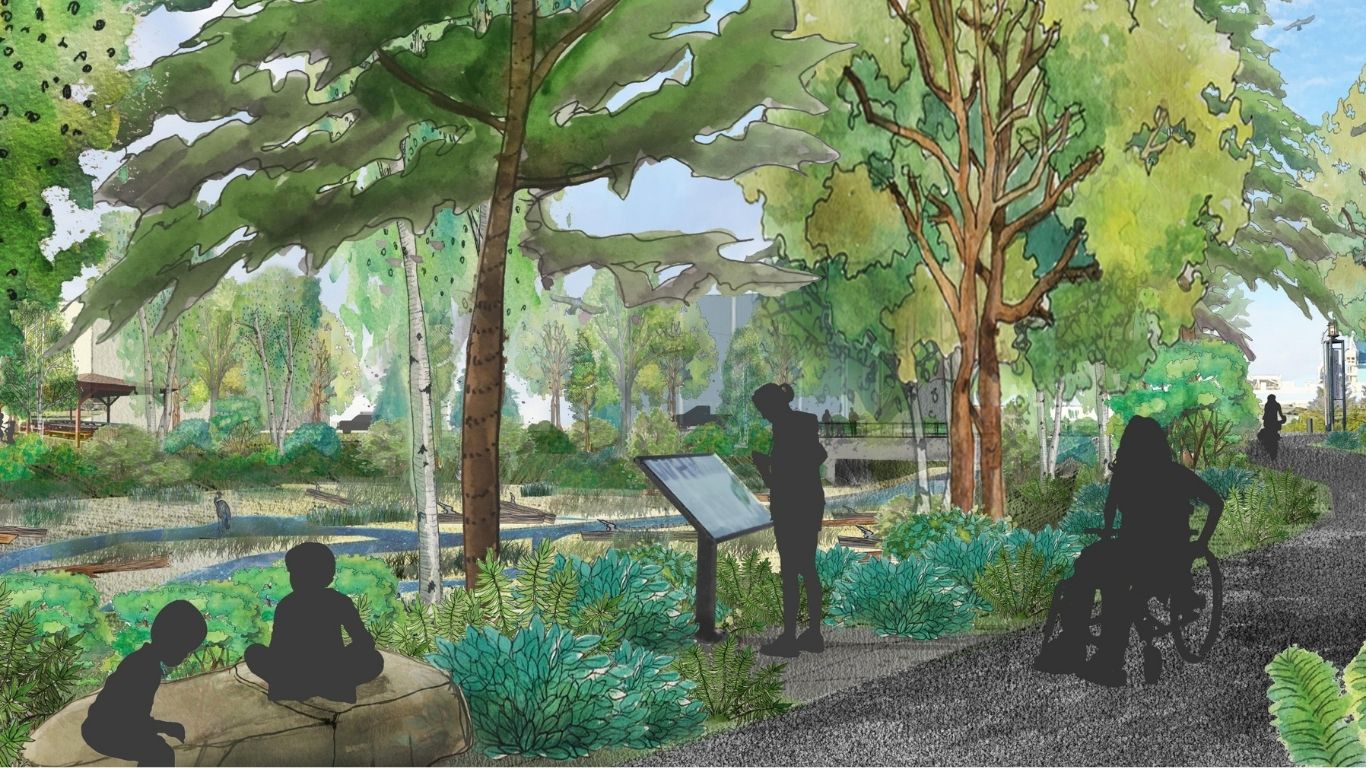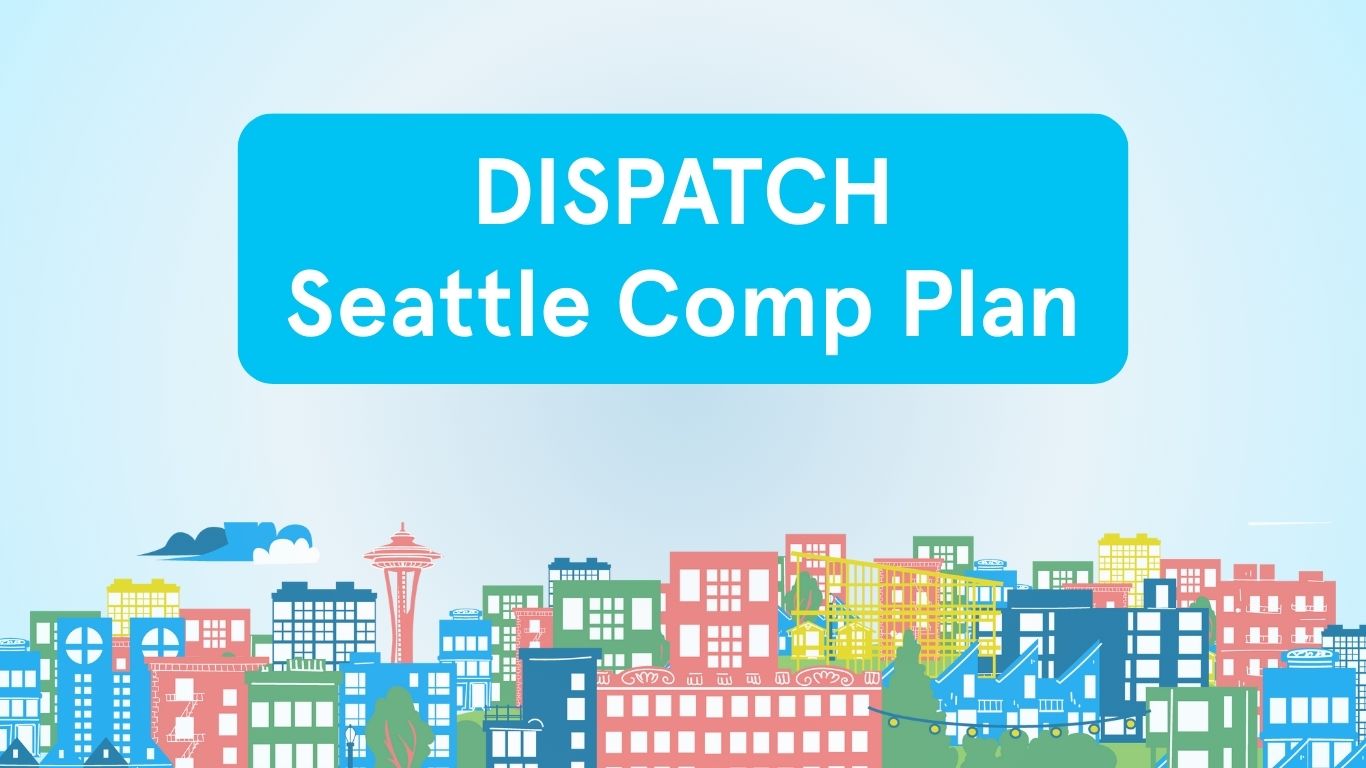Legislative Update – April 12, 2019
We have been working hard in Olympia over the last couple of weeks to shape HB 1923 into legislation that aligns our growth strategy goals and values: advancing equitable, affordable in-fill development in cities that offer access to opportunity and frequent transit service. The current iteration of the bill (which has changed since it’s last posting, available here), sits in the Senate Rules Committee, which we believe will vote to move the bill in the next day or two.
We support the current iteration of the draft bill – which will likely see few significant changes before a final senate vote this week – but we have reservations about the strength of the bill’s policy provisions, and the associated trade-offs related to exemptions from administrative or judicial appeals.
Overall, the bill includes some positive steps on housing equity and affordability:
- Cities will have the option (but will not be required) to take prescribed steps that allow more housing, more housing types, and more affordable housing – particularly in areas with access to transit;
- One of those options is to develop an Affordable Housing Action Strategy, the outline of which closely mimics our desired future revisions to the GMA Housing Element;
- Cities choosing from the options outlined in the two bullets above will be eligible for a $100K planning grant. The revenue will come from a $2.50 increase to the document recording fee (raising $6 million over the biennium), and after 2 years will revert to the Housing Trust Fund;
- Definitions of affordable housing at varying income levels will be added to the GMA – another step towards our desired future revisions to the GMA Housing Element;
- The University of Washington will be required to produce a report every 2 years that compiles housing supply and affordability metrics for cities planning under GMA;
- Minimum parking requirements for affordable, supportive, and senior housing within one quarter mile of stop served by frequent transit are curtailed – a significant win for our affordable housing partners, as well as creating more compact development and reducing GHG emissions; and,
- Cities will no longer be able to prohibit permanent supportive housing in areas where multi-family housing is permitted.
The bill still provides a “safe harbor” from SEPA administrative or judicial appeals for:
- Development regulations and other non-project actions – including required updates to comprehensive plans – that support the optional prescriptive policies outlined in Section 1. We worked hard to get this limited SEPA exemption for the optional provisions to apply only to cities, and not to counties;
- Project actions on the basis of transportation impacts where the project is consistent with a city’s transportation element or transportation plan, and impacts are mitigated by impact fees or other regulations (unless there are significant impacts to the state-owned transportation system). We worked to get this limited SEPA exemption to apply only to cities and not counties, and limited only to housing actions (and not coal-fired power plants or other environmentally damaging developments).
As we look forward towards supporting the overall goals of HB 1923 with our partners in the future, there are several areas where we would like to see greater policy strength. These areas include permanent revisions to GMA Housing Element policies that require cities to affirmatively further fair housing, and requirements that cities consider and plan for anti-displacement policies and programs that will protect vulnerable populations.
With regard to exemptions from appeals, we see the value of policy trade-offs for “safe harbor” provisions that bring diverse interests to the table for negotiations, but we also believe that these trade-offs are high risks as they relate to setting precedents for other more environmentally impactful land-use actions. We would prefer to see reformation of shortcomings within the environmental review and appeal process dealt with holistically, rather than on an ad-hoc basis through various legislative actions.
More next week as we learn about next steps on this bill, assuming it leaves the Senate Rules Committee in the next couple of days.


